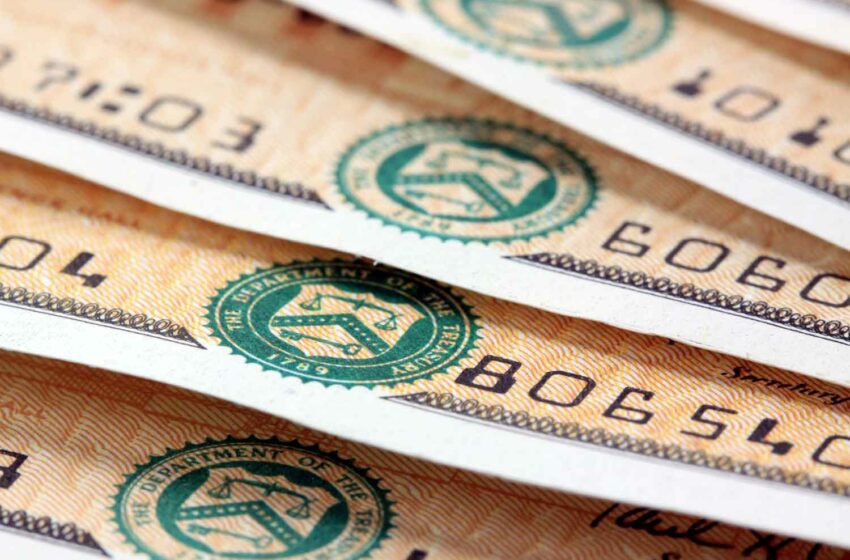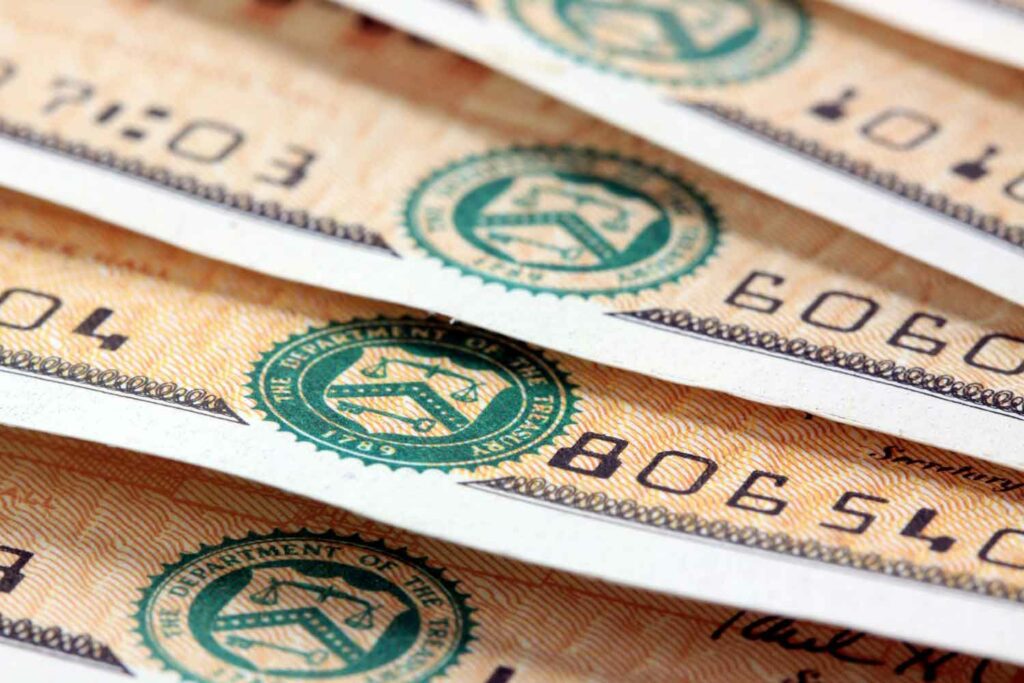Tobacco Bonds Outperforming Peers
- Featured Financial News This Week
- January 2, 2024
- 0
- 2 minutes read


Despite declining cigarette sales, U.S. tobacco bonds have done better than the average municipal bond index, according to The Wall Street Journal.
An index of tobacco bonds maintained by S&P Dow Jones Indices had a 10-year total return of 134 percent through the middle of December compared with just 34 percent for a general municipal bond index. And between late October and mid-December, the tobacco index rallied by 13 percent as overall bond yields fell.
In 1998, the largest U.S. tobacco companies agreed to pay $206 billion over 25 years to 52 U.S. states and territories in exchange for those jurisdictions giving up future legal claims relating to the cost of treating sick smokers.
At least 21 states or territories, plus local entities within some of them, didn’t want to wait for the money to trickle in, taking it up front and transferring that risk to municipal bond investors.
In the year’s since the Master Settlement Agreement, tobacco bond owners have had to cope with the rise of noncombustible products such as e-cigarettes, which don’t count toward the cash received.
The U.S. government is also threatening to ban menthol cigarettes, which account for about a third of domestic cigarette sales. Excise taxes are depressing demand, as well. The consumer-price index for tobacco products is up by 530 percent since 1997, compared with 93 percent for overall consumer prices.
On the other hand, tobacco companies agreed to an annual inflation adjustment for their payments of at least 3 percent. For many years, that was more than the states would have received if the payments were indexed to actual inflation.
The recent surge in inflation, caused payments to increase by about 20 percent from 2019 to 2020.
